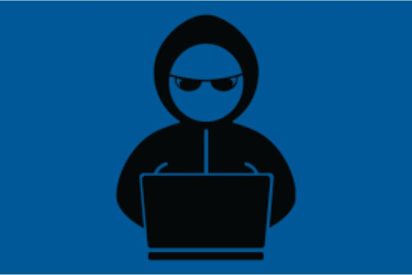How To Prevent Ransomware Attacks On Companies?

Businesses of all sizes should regularly apply and test preventive measures against cyber attacks. Learn about some precautions against ransomware attacks.
At the same time, a good understanding of the different types of ransomware helps your company plan preventive measures and reduce the risk of further attacks. Here are the four most common types of ransomware your team needs to know.
Blockers
Blockers restrict computer usage. The attacker makes it possible to work or use essential functions once the ransom is paid.
Encryption
Encryption is the most common type of ransomware. The attacker encrypts data, making it impossible to unlock without a decryption key.
Dox Ware
Doxware is an attack that threatens to leak personal or company information unless the fine is paid.
Scareware
Scareware seeks to scare users into purchasing unnecessary software. Ads can flood the screen, forcing users to pay to remove them.
How Important Is The LGPD For Companies?
Since the General Data Protection Law ( LGPD ) came into effect, companies have a series of parameters to ensure the security of data collected from their customers, partners and suppliers.
The legislation also establishes penalties for companies that must adopt primary data security measures in the digital environment. Ransomware attacks, for example, can come from failures in these security measures.
Conclusion
A ransomware attack is a severe threat. But, by adopting the leading security and prevention measures, companies can minimize the risk of a possible attack. By following the tips in this article, your company can protect itself from the dangers of ransomware attacks.
It is important to remember that no security measures are perfect and that even companies that take all necessary precautions can still be vulnerable to cyberattacks.
Also Read: Cyber Security Solutions: Know The Main
